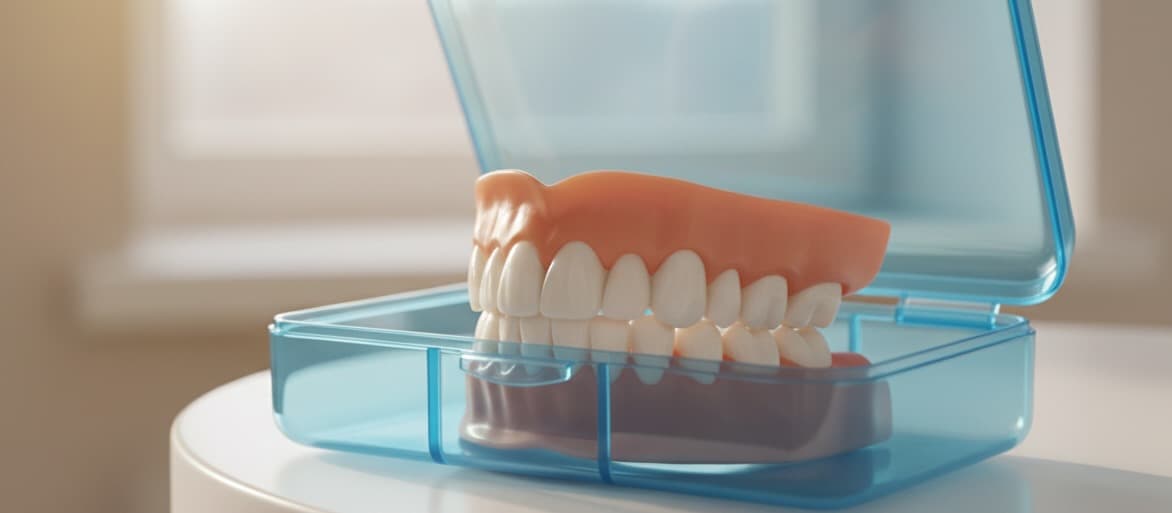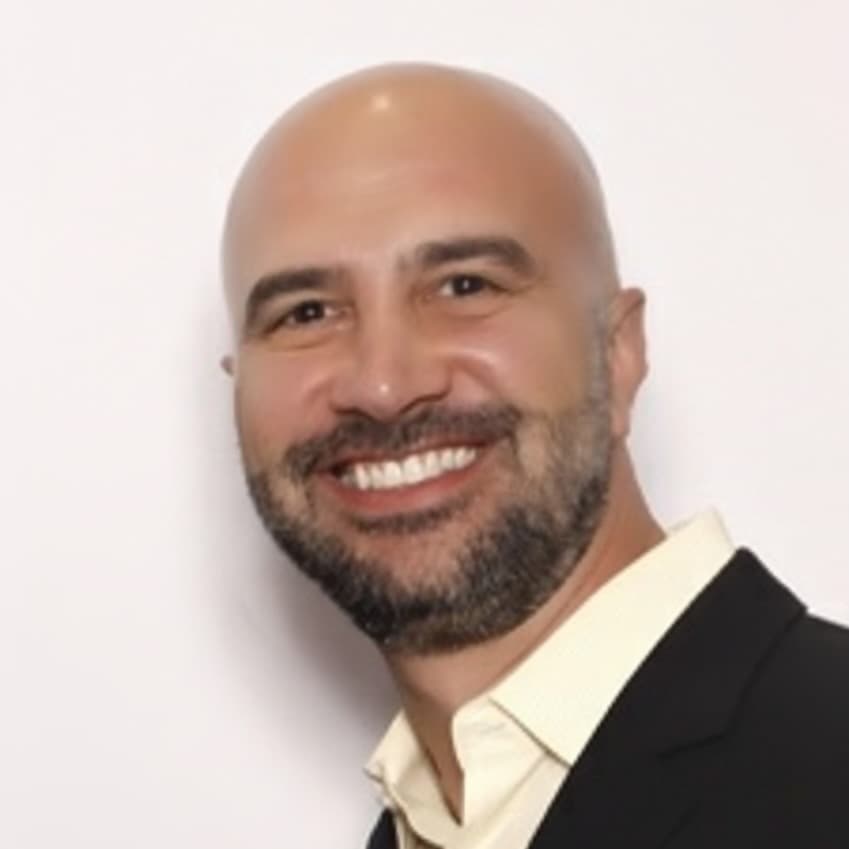
Restorative Dentistry
Dentures & Partials
Procedure Description
Dentures are removable prosthetic devices that replace missing teeth and surrounding tissues. Complete dentures replace all teeth in an arch, while partial dentures fill in gaps when some natural teeth remain. the dentist takes precise impressions of your mouth, determines optimal bite alignment, and works with a dental laboratory to create custom dentures that fit comfortably and look natural. Multiple appointments ensure proper fit and function before you receive your final restoration.
Indications
Dentures and partial dentures are ideal solutions for patients who:
When to Consider Dentures & Partials
Missing All Teeth
Complete dentures restore full arch when all teeth are missing or must be extracted.
Missing Multiple Teeth
Partial dentures replace several missing teeth while preserving remaining natural teeth.
Cannot Have Implants
Medical conditions, inadequate bone, or budget constraints make implants not feasible.
Immediate Tooth Replacement
Immediate dentures can be placed right after tooth extraction to avoid going without teeth.
Affordable Solution Needed
Dentures offer effective tooth replacement at a lower cost than implants or bridges.
Note: Implant-supported dentures offer improved stability and bone preservation. Ask the dentist about this hybrid option that combines denture affordability with implant benefits.
Benefits
Why Choose Dentures & Partials?
Restored Function
Regain the ability to eat a wider variety of foods and speak clearly.
Improved Appearance
Modern dentures look natural and can actually improve facial aesthetics by supporting facial structure.
Cost-Effective
Most affordable option for replacing multiple or all missing teeth.
Non-Surgical
No surgery required (unless teeth need extraction first).
Adjustable
Can be relined, adjusted, or remade as your mouth changes over time.
Alternatives
Dental Implants
Permanent, fixed replacement that preserves bone but more expensive
Implant-Supported Dentures
Dentures anchored by implants for improved stability
Fixed Bridges
Permanent option for replacing a few teeth if adjacent teeth are suitable
Authored By
Dr. Ovsepyan
Frequently Asked Questions
Related Services
Locations Offering Dentures & Partials
Available at all Prime Dental locations throughout Los Angeles County
Schedule a Consultation
Ready to learn more about this treatment? Contact us today.
Book Appointment